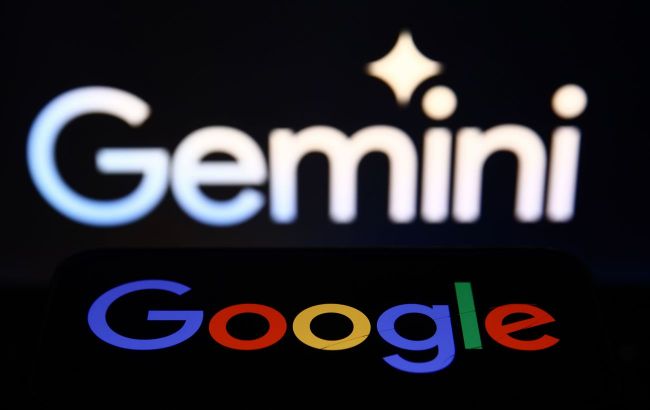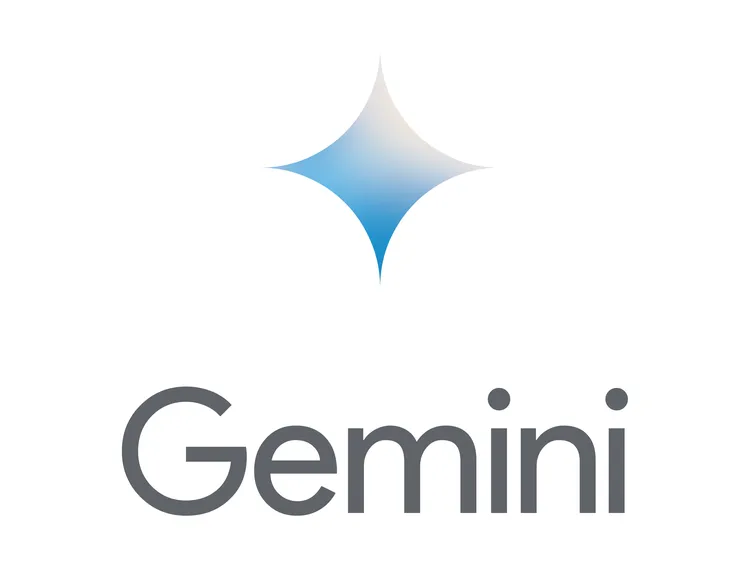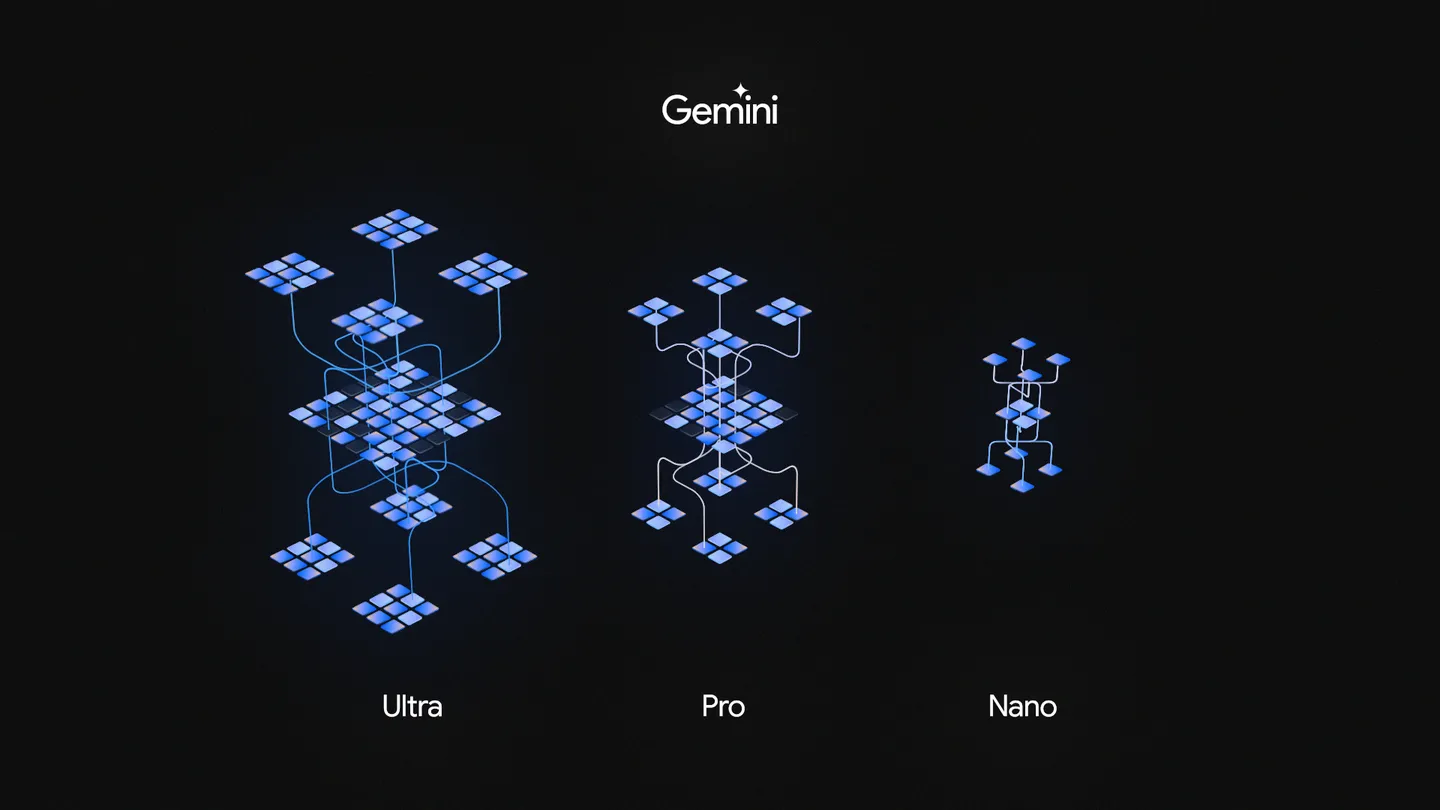Google introduces Gemini - biggest competitor to ChatGPT
 Gemini is presented in three versions: Ultra, Pro, and Nano (Photo: Google)
Gemini is presented in three versions: Ultra, Pro, and Nano (Photo: Google)
Google has announced the launch of its new artificial intelligence model, Gemini, which will serve as a key component of the company's AI functions, posing a challenge to competitors, including OpenAI's ChatGPT, writes The Verge.
Google's CEO Sundar Pichai emphasized that the introduction of this new algorithm symbolizes the onset of a new era in the development of artificial intelligence.
Three components of Gemini
Google's CEO highlighted that the release of the Gemini language model is a significant step forward, ultimately impacting nearly all of the company's products. It is more than just a language model.
There is a lighter version of the AI model, known as Gemini Nano, designed for standalone operation on Android devices.
In parallel, there is a more powerful version – Gemini Pro, which will serve as the foundation for many Google services and is already the basis for the Bard chatbot.
Additionally, Google has developed the AI model Gemini Ultra, which is the most powerful in the company's lineup. It is primarily intended for use in data processing centers and integration with corporate programs.
The company is presenting its AI model to the consumer market in several ways. The Bard chatbot now operates based on Gemini Pro, and Pixel 8 Pro owners can benefit from new features through integration with Gemini Nano.
The ability to use Gemini Ultra will be available next year. Starting from December 13, developers and corporate clients can access Gemini Pro through the Google Generative AI Studio or Vertex AI on the Google Cloud platform.
Gemini Comes in 3 versions: Ultra, Pro, and Nano (Photo: Google)
Comparison of Gemini and ChatGPT:
As of now, Gemini can only process requests in English, but there are plans to add support for other languages in the future. According to Sundar Pichai's statement, this AI model will eventually be integrated into Google's search engine, the company's advertising products, the Chrome browser, and other services.
During the Gemini presentation, Demis Hassabis, the CEO of Google DeepMind, announced that the company conducted a thorough comparison of its language model with GPT-4, the latest version of the neural network underlying ChatGPT.
"We conducted a very thorough comparative analysis of the systems. I think we significantly outperform the competitor on 30 out of 32 benchmarks," said Hassabis, referring to 32 well-established benchmarks for comparing large language models. He also noted that in some tests, Gemini's advantage over GPT-4 is minimal, while in others, it is more noticeable.
In these tests, Gemini's greatest advantage was its ability to understand video and audio and interact with them. Overall, Google adheres to the idea of integrating these capabilities directly into Gemini, unlike OpenAI, which created separate AI models for image and audio processing, such as DALL-E and Whisper.

Gemini's logo
Currently, basic versions of Gemini support only text input and output, but more powerful versions of the algorithm, including Gemini Ultra, can work with images, videos, and audio.
The Gemini presentation clearly demonstrates that Google views this new algorithm as a significant project and an important step forward for the entire company.
Gemini is an AI model that Google has been working on for many years, possibly even before the emergence of ChatGPT. The company has put a lot of effort into ensuring the safety and reliability of Gemini, conducting internal and external testing of the algorithm. However, according to statements from the leadership, this does not guarantee that the neural network will work absolutely error-free.


